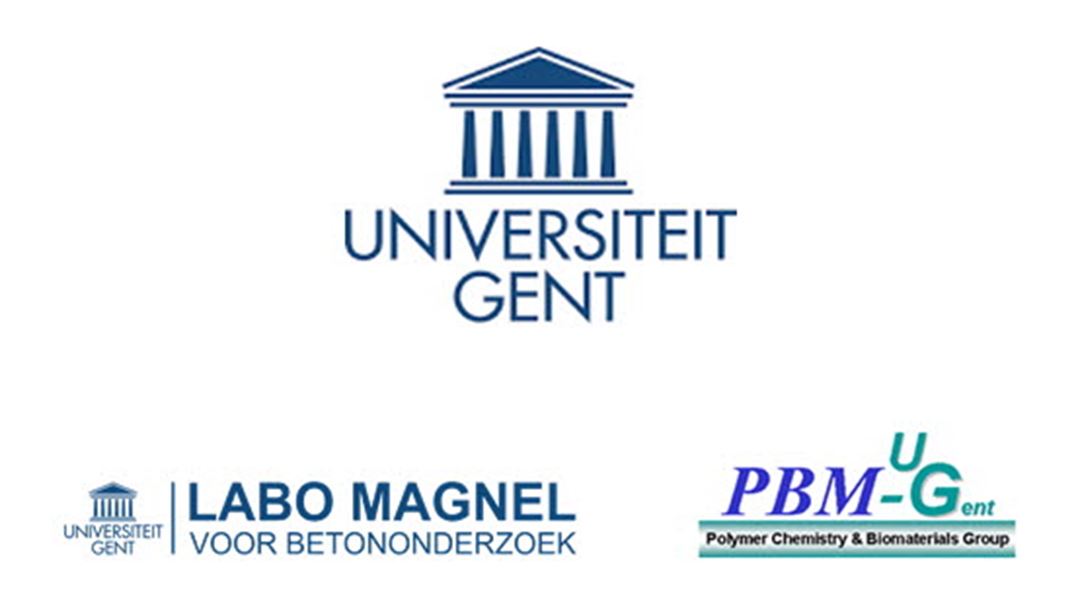Ghent University
Ghent University, abbreviated to UGent, was founded in 1817 by King William I of Orange. The past 200 years, Ghent University employed many eminent scientists such as Nobel Prize winners Corneille Heymans and Maurice Maeterlinck, Leo Baekeland, Joseph Guislain, Walter Fiers, Marc Van Montagu and Peter Piot. You'll also find many prominent persons among our alumni such as Robert Cailliau (co-inventor of the Internet), Dirk Frimout (astronaut), Peter Piot (United Nations) and Jacques Rogge (former Chairman IOC).
Today, Ghent University is a top 100 university and one of the major Belgian universities counting over 41,000 students and 9,000 employees. Our 11 faculties are composed of 117 faculty departments. These departments offer more than 230 high-quality courses in every one of their scientific disciplines, each inspired by innovative research.
UGent puts a strong emphasis on international scientific cooperation. Several research groups in different disciplines are renowned world-wide. In FP7, UGent participated in over 260 projects. The promotion and support of the valorisation of research results is a policy priority. Various innovating companies have their roots in research work at UGent.
The research groups, the Magnel Laboratory for Concrete Research and the Polymer Chemistry and Biomaterials Group, both belong to Ghent University and will contribute to the LORCENIS project.
The Magnel Laboratory for Concrete Research is the largest Belgian research centre in the field of concrete technology and concrete structures and has a vast and widely-spread international recognition. It disposes of extensive experimental testing facilities and infrastructures, among which the large strong floor for executing load tests on large-scale elements is a unique instrument. The research areas focus on different aspects of concrete structures, going from fundamental material research on microscopic and sub-microscopic scale to structural behaviour and structural reliability of concrete structures on large scale.
The research team of Prof. Nele De Belie within the Magnel Laboratory focuses on 'Concrete and Environment', especially on material properties, durability and sustainability of cementitious materials, microbial processes on building materials and life cycle assessment. Since about 8 years, Prof. De Belie has been leading research in the area of self-healing concrete. This includes research on autogenous healing and autonomous healing with hydrogels, bacteria or encapsulated polymers, investigation of quantification and monitoring techniques, and standardisation efforts. The group of Prof. De Belie has also extensive experience in the field of life cycle assessment, particularly with respect to the environmental evaluation of various concrete types. Prof. De Belie has supervised more than 50 national and international projects in these areas, and is currently coordinating an EC FP7 project on self-healing concrete (HEALCON) and an M-ERA.net project on the development of capsules for self-healing (CAPDESIGN).
To pursue its leading scientific role, the Polymer Chemistry and Biomaterials Group (PBM) has gathered in the past decades all required expertise and infrastructure to develop and characterize a large variety of custom-made polymers including hydrogels. In addition to a series of polymer development labs (for both stepwise and chain growth type polymerizations), PBM has as its deposition all infrastructure required to fully characterize the bulk and surface properties of polymers (IR and UV spectroscopy, NMR 300-700 MHz, thermogravimetric analysis, differential scanning calorimetry, gel permeation chromatography (organic and aqueous), IR mapping, X-ray photoelectron spectroscopy, atomic force microscopy, static and dynamic contact angle measurements, quartz crystal microbalance coupled ellipsometry, ...). In addition, surface modification facilities (plasma and UV technology based) and infrastructure for polymer processing (rapid prototyping and electrospinning) are also available. Within Europe, there are very few labs that house these combined polymer related capabilities.
Prof. Dr. Sandra Van Vlierberghe is senior researcher specialized in the development, modification and characterization of SAPs. In addition, she has experience with the processing of biocompatible hydrogels using spray drying, electro spraying, electrospinning and 3D printing.
Full name of the organization: Universiteit Gent
Short name of the organization: UGent
Address: Sint Pietersnieuwstraat25, Gent, 9000, Belgium
Contact person: Nele De Belie
Telephone:
E-mail address:
Website - www.UGent.be

